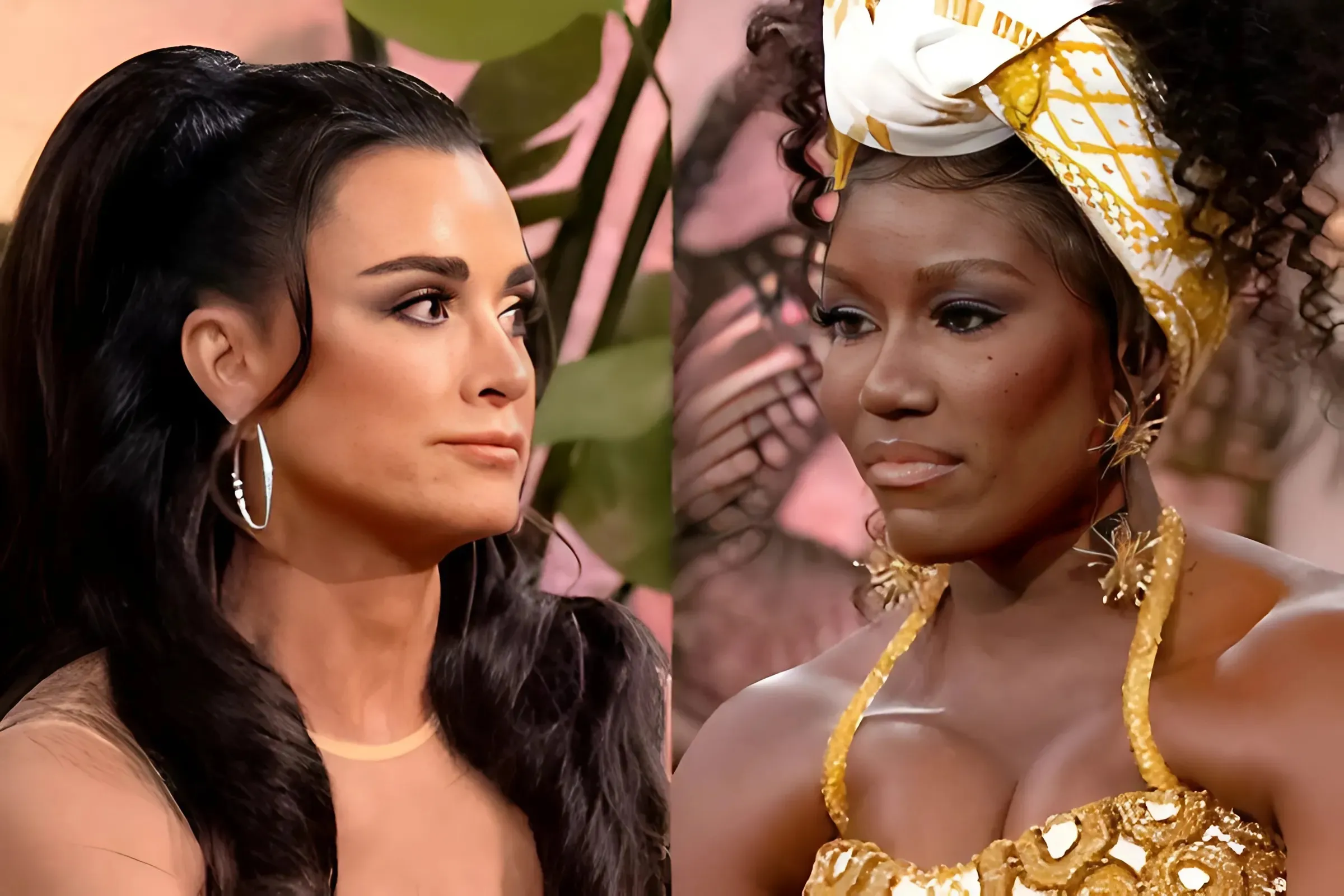
In 2009, California-based game developer Naughty Dog was basking in the glory of a critically acclaimed Sony PlayStation-exclusive game, Uncharted 2. It is at this time that the developer outfit started building out an end-of-the-world story-driven game—The Last of Us. Nearly 16 years later, Joel Miller and Ellie Williams, the protagonists of the seminal game, are etched into pop culture folklore thanks to a highly appreciated adaptation of the game into a TV series.
While The Last of Us, set in a post-apocalyptic US in which the world has been taken over by a mutated fungus that can infect humans and turn them into murderous zombies, was not the absolute first of its kind, the title delivered a story that took gaming well beyond the realm of niche, hardcore gaming enthusiasts into Saturday evening living rooms. In turn, the game’s story-based development cemented its status as a seminal moment in the world’s best story-based gameplays.
What took The Last of Us to such great heights is in the way the game operated. The developers envisioned each element to revolve around the protagonists before the rest of the game was developed. The character arcs were written like a movie’s storyboard before the rest of the game was put in place and as a result, there is significant emphasis on letting combat take a backseat while the story is what drives the game forward. Combat here is only a factor of the overall game experience.
A console-puller
“The Last of Us is one of the few games that actually made me cry. The sound design of Gustavo Santaolalla, the character arcs, the way the story unfolds hit differently. Even now, I still go back to replay it from time to time due to the character design. Watching the live-action show was a different kind of fun—not so much for the suspense, but just to see it all come to life,” says Jatin Sharma, filmmaker and co-founder of Delhi-based movie production studio Daawat-e-Hind.
It is this narrative design that helped build The Last of Us’ legacy, in turn cementing its place as a definitive game that eventually pulled gamers into buying gaming consoles. Shrey Pacheco, an avid gamer and corporate professional, says it was a key factor that pushed him to buy a Sony PlayStation eventually. “If you look at the Sony platform, you see story-driven games starting right from the crime noir of Max Payne in 2001, to stories and characters driving games such as Kratos in God of War (2005), Uncharted, and The Witcher (2007). In many ways, while these titles came well before The Last of Us, they primed us to enjoy games for the storylines,” he says.
Pacheco and Sharma agree that the true legacy of The Last of Us lies in bringing story-driven games to the fore. “They show that being a gamer is not just a geek’s pastime, and you can actually savour an excellent piece of filmmaking and storytelling through games,” Pacheco adds.



